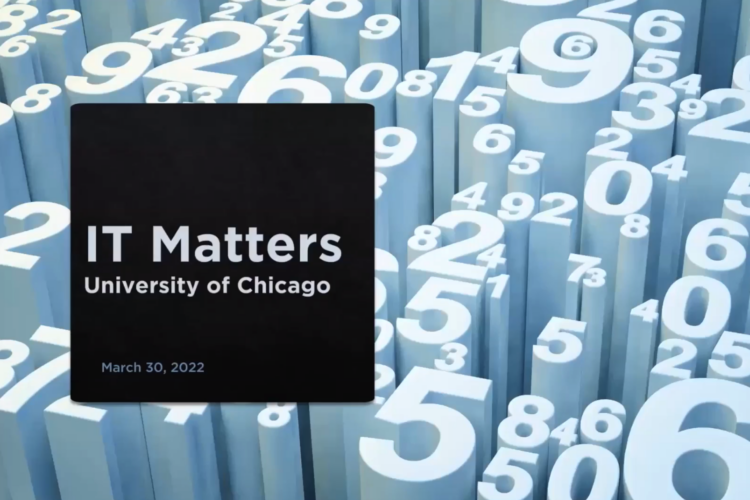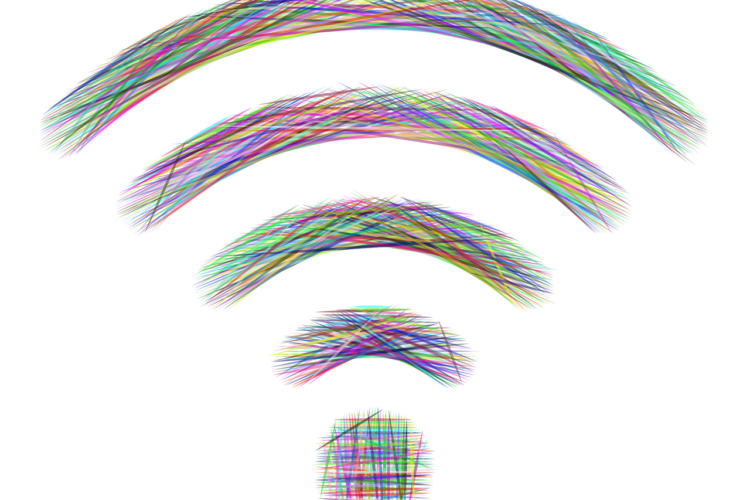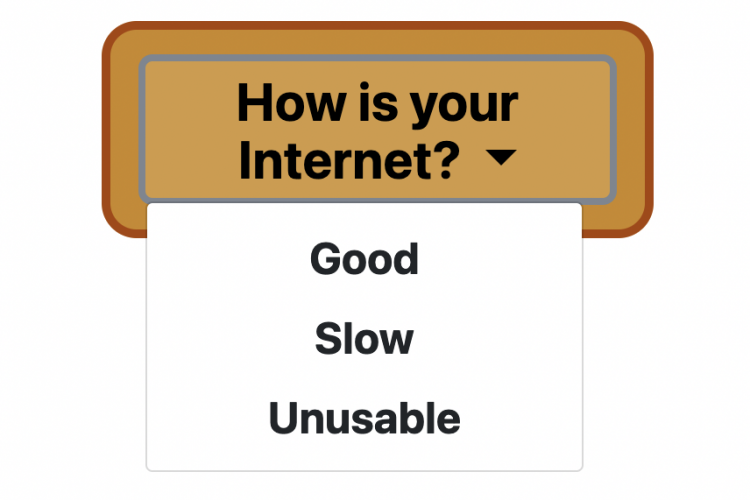Light Reading Podcast: Nick Feamster on COVID-19 and Network Needs
Nick Feamster, Neubauer Professor of Computer Science and Director of the Center for Data and Computing at the University of Chicago, returns to the Light Reading podcast to provide an update on his research into how COVID-19 has impacted Internet traffic demands in the US. He also discusses the impact the pandemic has had on Internet performance and how service providers are responding to these changes.
By analyzing interconnection data for two large ISPs in the US, Feamster and his colleagues identified a 30-60% increase in peak traffic rates in Q1 of 2020. In addition, their research data revealed a significant shift in traffic volume at the onset of the pandemic. Despite an influx of remote workers relying more heavily on home networks, the Internet has held up strong against capacity demands.
“I’m happy to report that the Internet, technically speaking, has done pretty well over the course of the pandemic,” says Feamster.
In regard to progress made during the pandemic concerning the digital divide, Feamster says some improvements have been made with subsidy programs, but “many communities and cities have the clairvoyance to recognize this isn’t a long-term solution, necessarily, and it’s been good as a stop-gap in some cases … there are a number of places where the subsidy only needs to be part of the solution.”



